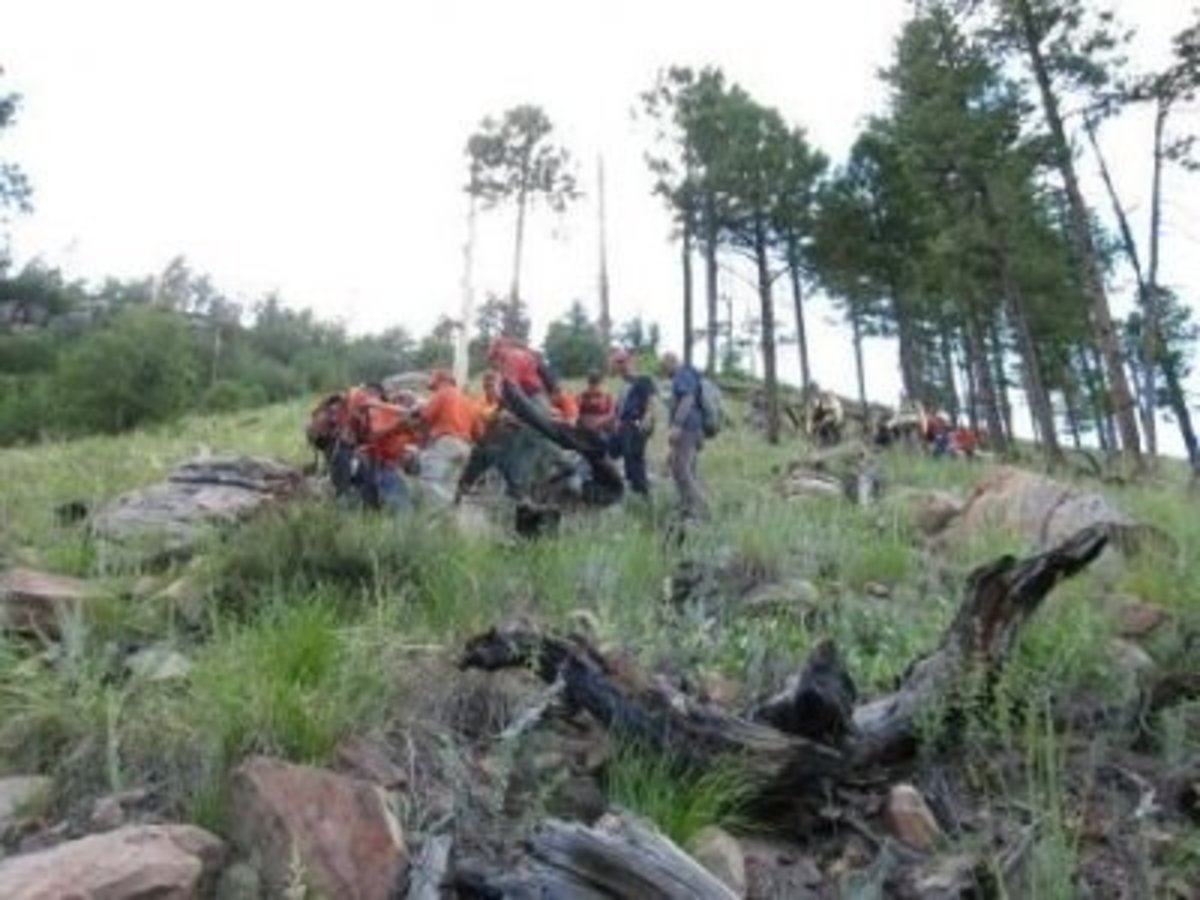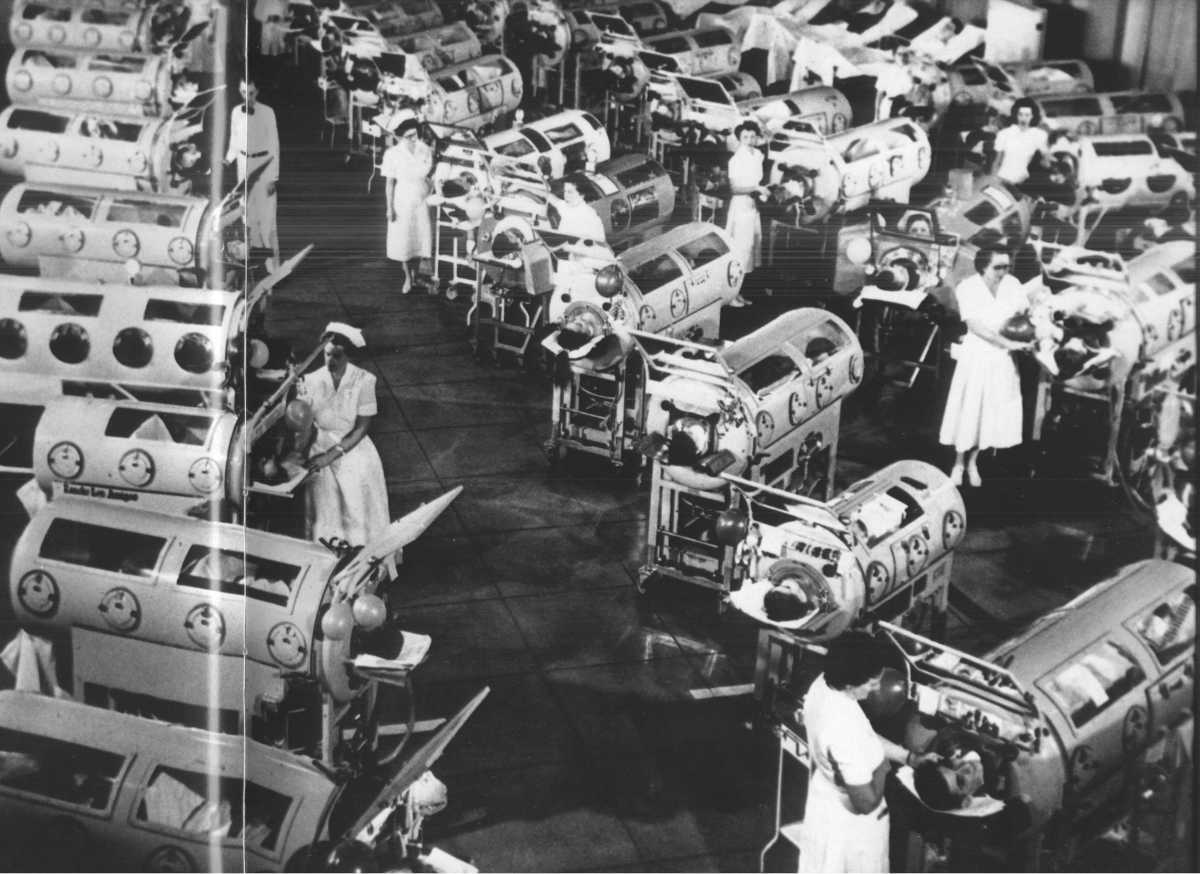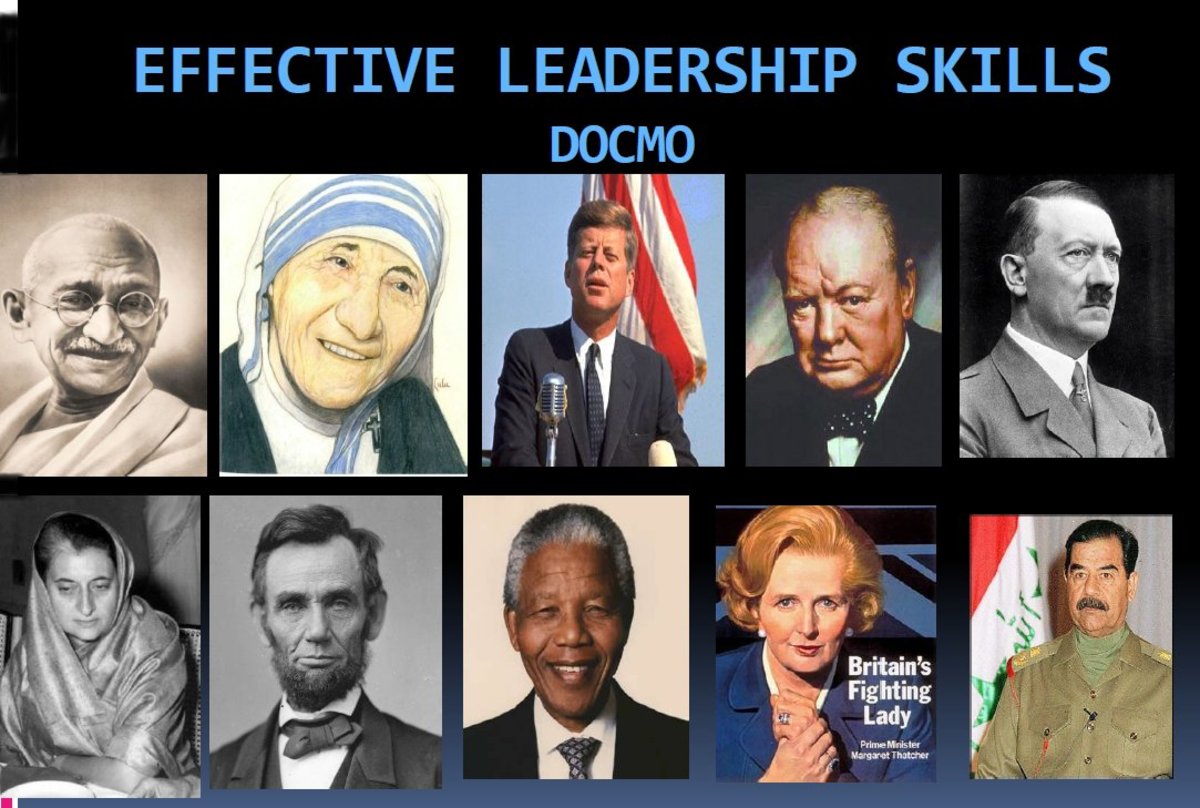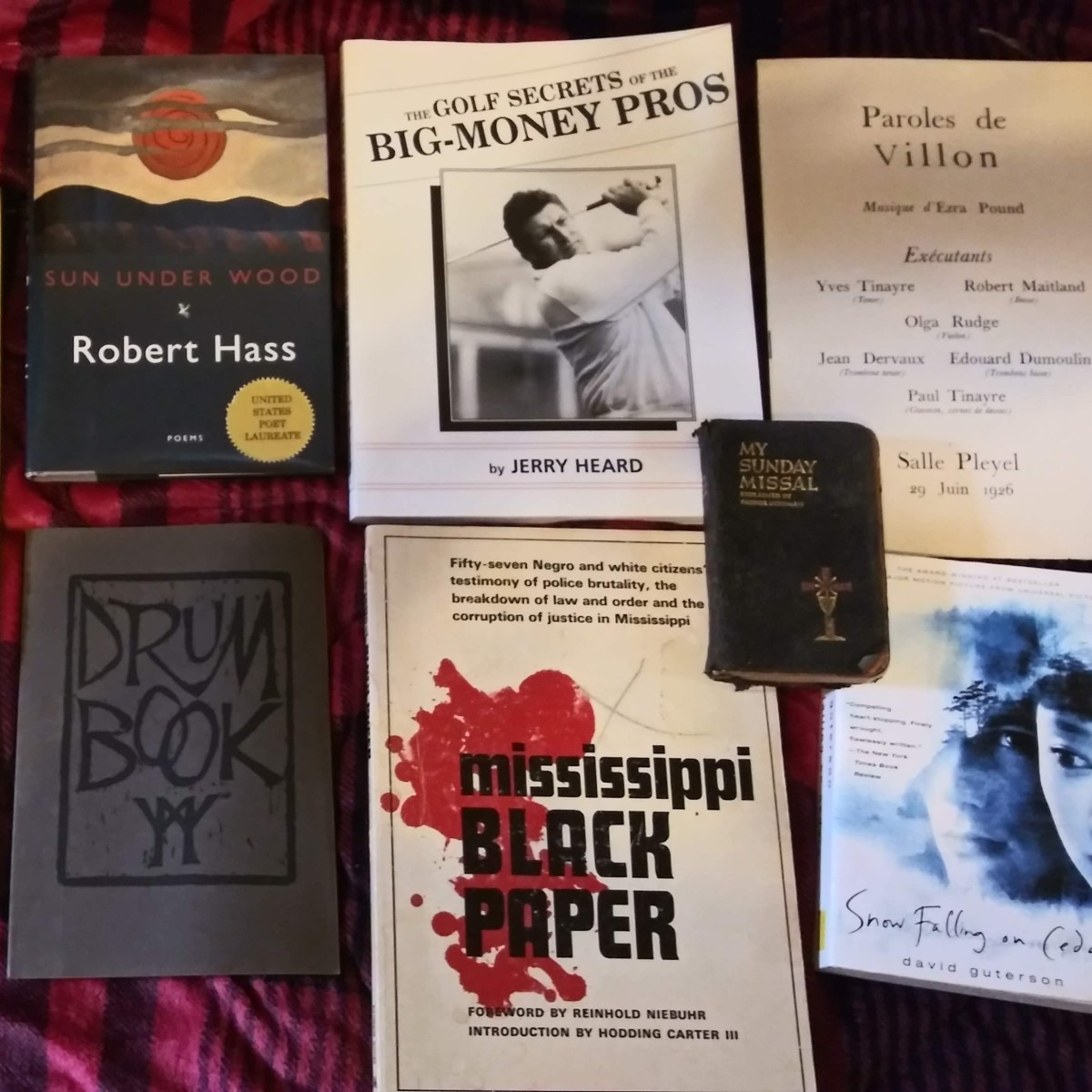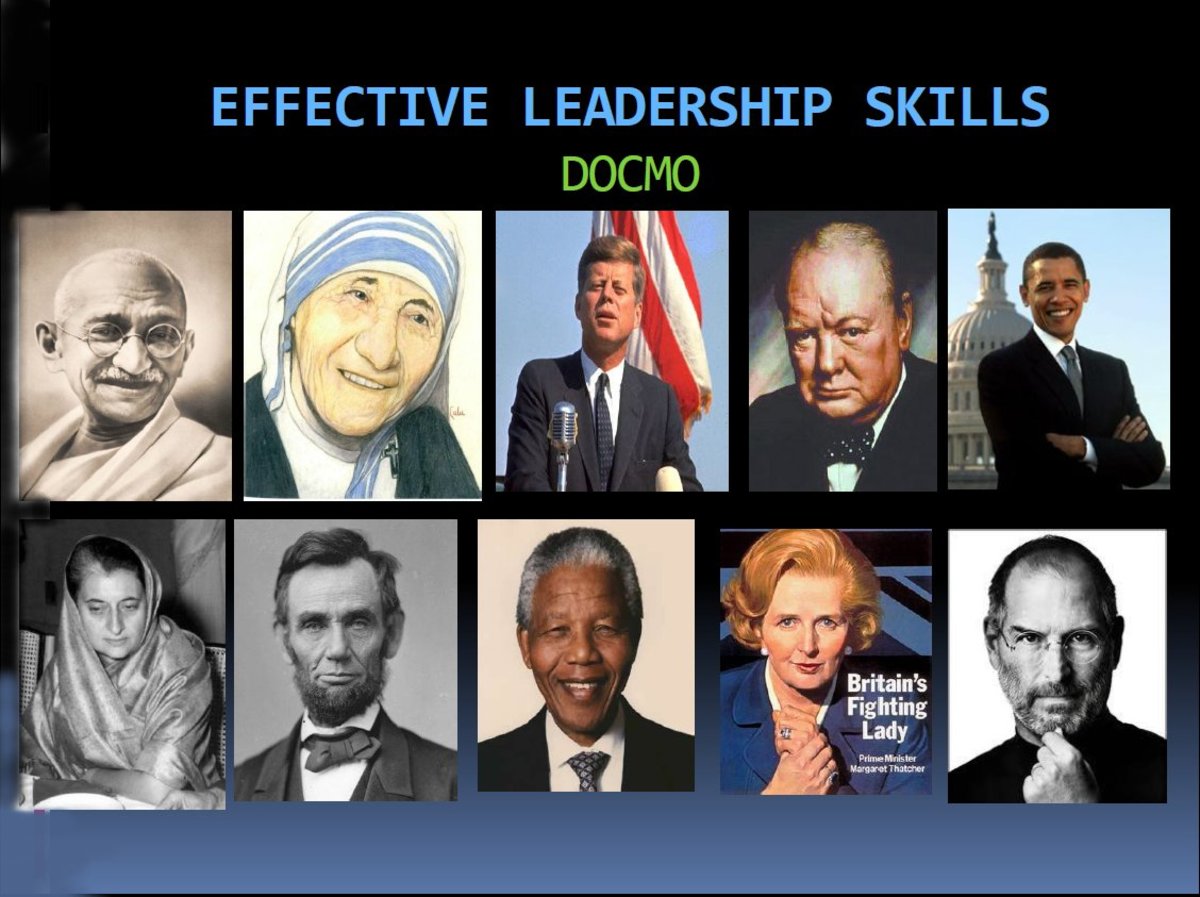The Six Skills I Acquired From Volunteer Work
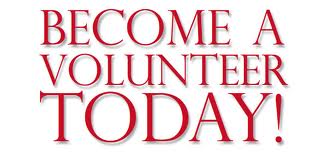
Skill Building Through Community Involvement
OK, let's face it. The economy is still not where it needs to be. Companies continue to layoff workers. College graduates are not finding employment after school. Many people are still pounding the pavement after two-to-three years of unemployment. If you are one of the thousands of people looking for employment or even if you still have a job, it is important to garner as many skills as you possibly can in order to improve your chances of finding a job or seeking a promotion.
Perhaps one of the best ways to acquire skills and help the community at the same time is through the simple act of volunteer work. In order to be an effective volunteer you must have a desire to help the community and a few hours of your time to lend. Volunteers are extremely important to the nonprofit sector. Many nonprofit organizations struggle to make ends meet, and the shoestring budgets do not leave much room for salaries and wages. Volunteers assist the organization by performing various administrative and sometimes clinical duties that are usually performed by paid staff. It is important to remember that volunteer experience may not be paid experience, but it is still experience. As a volunteer, you are still working; and, in the process, you are learning valuable skills. In the following article, I will discuss five volunteer positions and will explain the six skills I garnered from each task.
Literacy Tutor
According to USA Today, 1 in 7 adults can not read a simple article in a newspaper (2009). The mission of adult literacy programs is to help adults learn basic reading skills. During my senior year in high school, I signed up with a local literacy program as a volunteer literacy tutor. The program required me to attend a one-day certification class. After being trained and certified, I met with two students once a week and taught these students some basic reading skills.
This experience would be my first volunteer assignment. Like most high school students at the time, I was trying to decide on a future vocation, and teaching had made its way to the top of my list. The one thing that I have learned is that teaching is not only a profession: it is a calling. As a tutor, I learned what it really meant to be a teacher. I also learned valuable interpersonal skills. As I worked with my students, I began to understand the concept of motivation and how to apply the concept to the classroom. These lessons became even more valuable in my later careers as a manager and (eventually) college instructor.
Kitchen Worker for "Feed the Hungry"
What skills can an individual learn from a soup kitchen? The answer to this question may surprise you. I have been involved with a local feeding program for nine years. This particular program is an all-volunteer effort, and getting the job done all depends on teamwork. One thing that you will quickly learn as you begin to volunteer is that you must be prepared to work with a diverse group of individuals. Personalities will clash and tempers will flare; but, in the end, the job must be done.
While volunteering in this role, I have learned what it means to lead and what it means to follow. I have learned to manage resources (food) and how to use these resources effectively and efficiently. Our end goal is to ensure that every individual that comes to our program is served a hot, nutritious lunch. In order to meet this goal, the staff is often faced with the task of doing much with very little. I have learned that through teamwork and the grace of God, any goal can be accomplished.
Screening Patients for a Free Clinic
According to http://www.wafreeclinics.org, free clinics provided care for 1.8 million individuals, accounting for 3.5 million medical and dental visits. There are many chronically ill, uninsured patients depending on their local clinics for health care and life-sustaining medication. The patient base of any free clinic is comprised of individuals like the homeless and the working poor. Before an individual can receive care from a free clinic, he or she must go through a screening process to verify eligibility for the program. I have been screening patients at my community free clinic for almost six years. This role is basically a clerical task; but, in addition to polishing administrative and customer service skills, I have also learned the importance of effective listening.
Listening is probably one of the most important skills we can master; however, it is a skill that we take for granted. Listening gives us better insight into others and helps improve our interpersonal skills. During the screening process, I ask questions about sensitive matters relating to health and finance. In order to obtain the correct information, I must listen to the patients and ask questions if their responses are vague or unclear. Sometimes the patients are lonely and long for human companionship. It is during these times listening becomes more than just a skill. Taking ten extra minutes to listen to a story can make the difference in the life of a lonely soul.
Board Member
Sitting on the board of directors for a nonprofit is both an honor and a learning experience. I have had the privilege to serve on two nonprofit boards and one church board. Serving as a board member counts as volunteer experience because it helps to develop leadership skills. As a board member, I have assisted with strategic planning, budget planning, and fundraising. The effective board member realizes that he or she has a responsibility to work with the executive director to ensure that the organization is meeting its obligation to the community. Without the proper leadership, the organization will inevitably go down in flames.
Lead Volunteer Coordinator
The mission of Heifer International is to end hunger and poverty by working with communities and teaching them how to become sustainable through various livestock programs. I became the Lead Volunteer Coordinator for Heifer International in my community as part of my personal hunger advocacy program; and, through Heifer, I have learned the importance of planning and coordinating.
Before my involvement, Heifer had no representation in my community. As I began to develop an active Heifer volunteer program in the area, I quickly learned how to communicate with the public at large because it was up to me to write press releases, to initiate contact with potential donors via phone and email, and to plan community fundraising events for Heifer. My role as LVC required me to speak on behalf of Heifer International at churches and community functions. For more information about Heifer International visit www.heifer.org.
Concluding Thoughts
Being a volunteer is both rewarding and educational. If you are looking for ways to learn a new skill or to help your community, I encourage you to become a volunteer. Your local chapter of the United Way is the most effective way to link volunteers with organizations like Habitat for Humanity or Big Brothers and Big Sisters that are always in need of willing volunteers. In the end, you will have learned more about others and about yourself than you could ever imagine.

